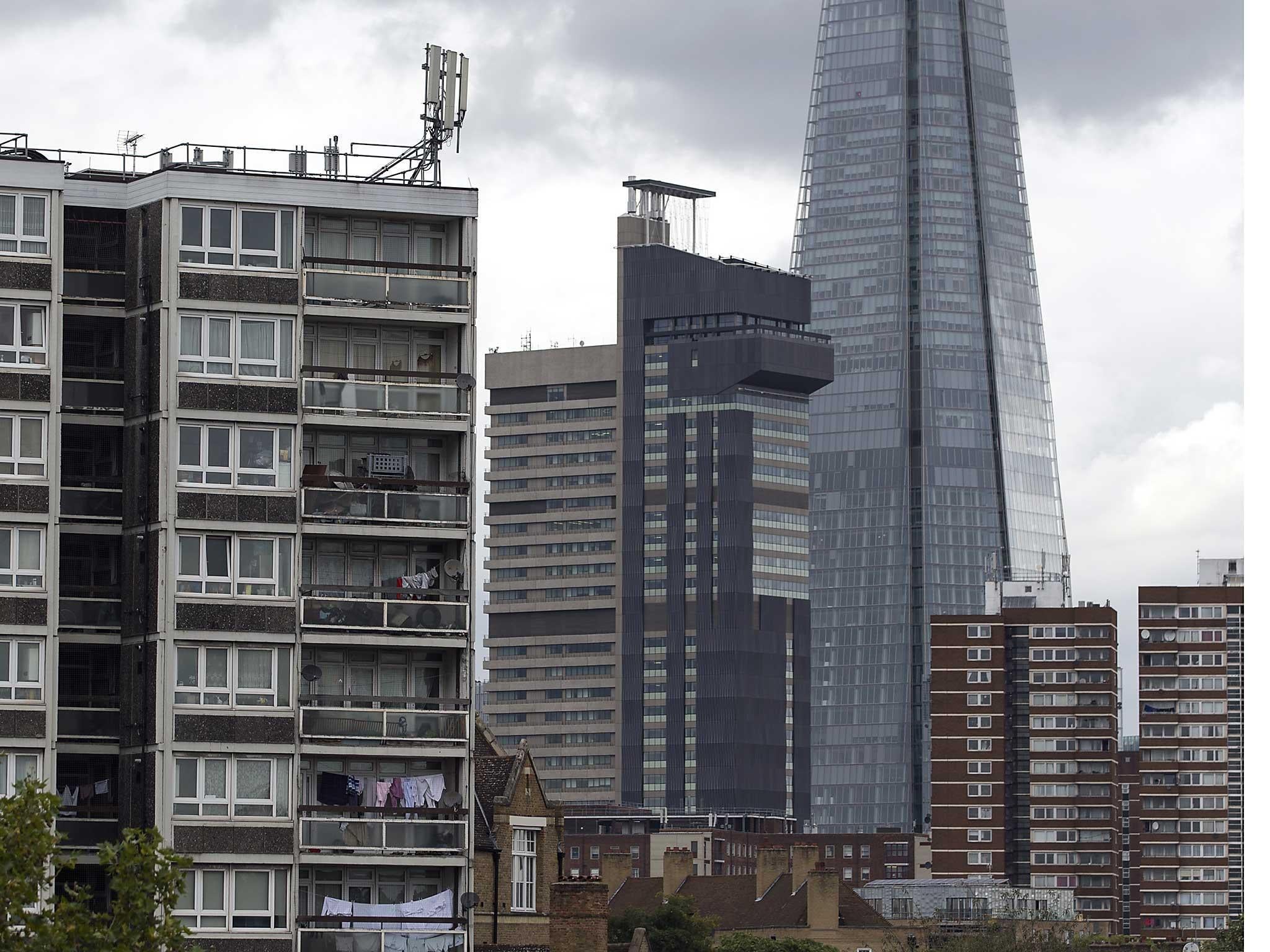CMA talks tough on heating networks but it's an easy win for the competition watchdog
The decision to investigate whether people are getting ripped off is welcome, but the regulator would appear to have political cover to move in. Does it have the will to act where that's less obvious?

You could be forgiven for responding to the news that watchdogs are set to investigate the possibility that poor people are (once again) getting ripped off through heat networks by first asking what on earth a heat network is.
Earth is kind of the point, or rather, saving it. The networks provide heating from a central source via insulated pipes to around half a million homes in the UK, and they are growing fast.
The heat source might be a power plant. However it might also be recovered from industry, or waste plants, or canals and rivers.
This sort of provision offers the potential to cut both domestic energy bills and Britain’s carbon footprint. An apparently noble endeavour, then, and one the Government has been keen to encourage investors to get involved in expanding.
So what’s the problem? Well they’re not, at the moment, subject to the same sort of oversight as is mains electricity or gas.
Those investors aren’t fluffy bunnies. They’re after the highest possible return, and if that means poor people getting skewered along the way, then so be it.
The Competition & Markets Authority (CMA) says it’s worried that this is what might be happening in some cases and has launched a probe with the stated aim of ensuring that consumers aren't getting the short end of the stick.
The networks use is particularly common in social housing. Among other things, the watchdog is worried that tenants' ability to switch suppliers with the aim of getting a better deal could be compromised through long term, poor value contracts. The latter can last for as long as a quarter of a century.
As ever, it’s going to take forever before we see any meaningful action taken. The interim report isn't due for another six months. It could take as long as a year to get the final verdict.
The CMA’s intervention is still very welcome.
Nonetheless, it should noted that with so much focus on energy markets, and in particular on the way disadvantaged consumers are so poorly served by them, this would appear to represent an easy win for it. There is ample political cover for the CMA to come down hard on any sharks.
The regulator hasn't always been quite so robust where that hasn't been so obvious. A recent example critics might point to is the provisional clearance of Tesco’s merger with wholesaler Booker, a deal which scares the life out of independent grocers and other wholesalers. The decision generated considerable unhappiness among them.
Another test is looming with the CMA's investigation into the proposed takeover of Sky by Rupert Murdoch’s Fox. The verdict on that particular hot potato has been delayed. But the regulator can't put it off forever.
How robust is it going to be in that case? We’ll have to wait and see.
Join our commenting forum
Join thought-provoking conversations, follow other Independent readers and see their replies
Comments
Bookmark popover
Removed from bookmarks